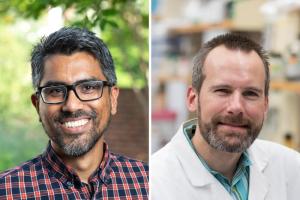Natasha Diba Sheybani, Ph.D.
Dr. Sheybani leads a translational research program centered on innovating tools and paradigms for non-invasive precision cancer management.
Richard J. Price, Ph.D.

Dr. Price's research program centers on the development and implementation of image-guided drug and gene delivery systems for treating cancer and neurodegenerative diseases.
Kristen Naegle, Ph.D.
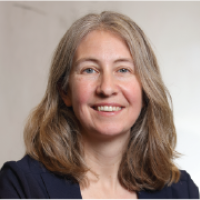
Kristen Naegle uses data- and computational-driven approaches to predict, and experimental approaches to test, the regulation and function of tyrosine phosphorylation in complex networks.
Timothy E. Allen, Ph.D.
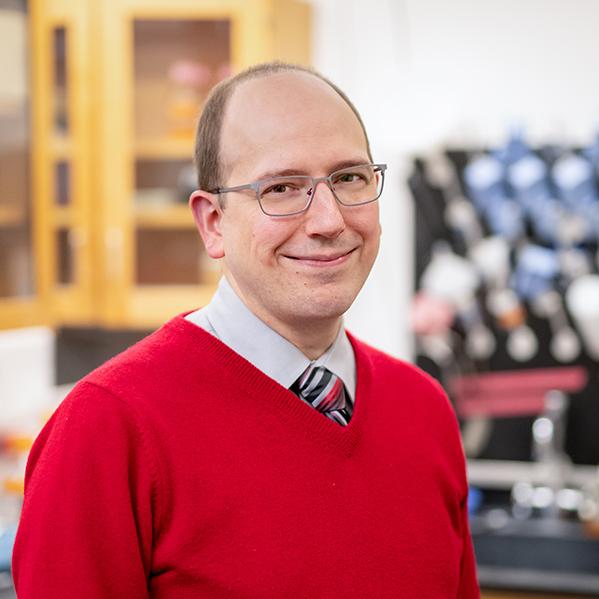
Timothy E. Allen teaches and mentors students in the areas of computational modeling of complex biological systems, molecular and cell biology assays, and medical device design.
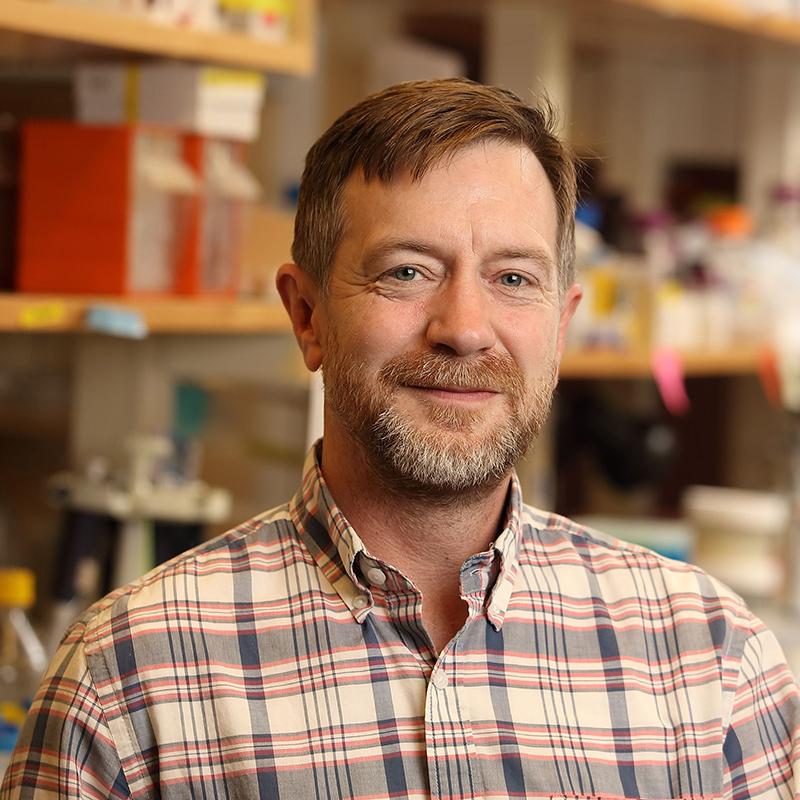
Thomas Barker explores and therapeutically exploits the fundamental links between fibroblast adaptation to their physical and biochemical microenvironment and their myofibroblastic differentiation during tissue repair, fibrosis and cancer.
Steven R. Caliari
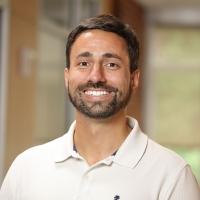
The Caliari Lab designs, synthesizes, and characterizes new biomaterials to explore the dynamic interplay between cells and their microenvironment, applying these platforms to address fundamental human health challenges in understanding disease and engineering tissues.
Shayn Peirce-Cottler, Ph.D.

Shayn Peirce-Cottler develops computational models and combines them with wet lab experiments and machine learning to study how tissues heal after injury and to develop new therapies for inducing tissue regeneration.
Matthew J. Lazzara

Work in the Lazzara Lab employs a combination of experimental and computational methods to study problems in cell signaling, the complex biochemical process cells use to make decisions.
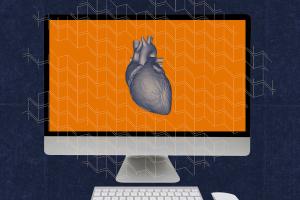
How Artificial Intelligence May Benefit Heart Patients
With machine learning and human learning, scientists uncover the biological cause and effect of fibroblast behaviors after heart attack and advanced the development of new treatments.
